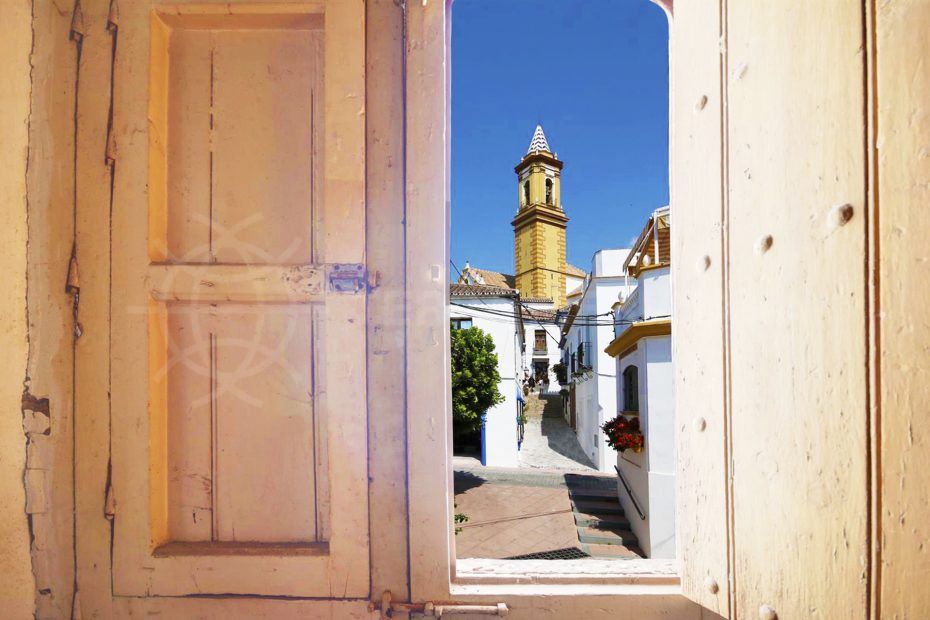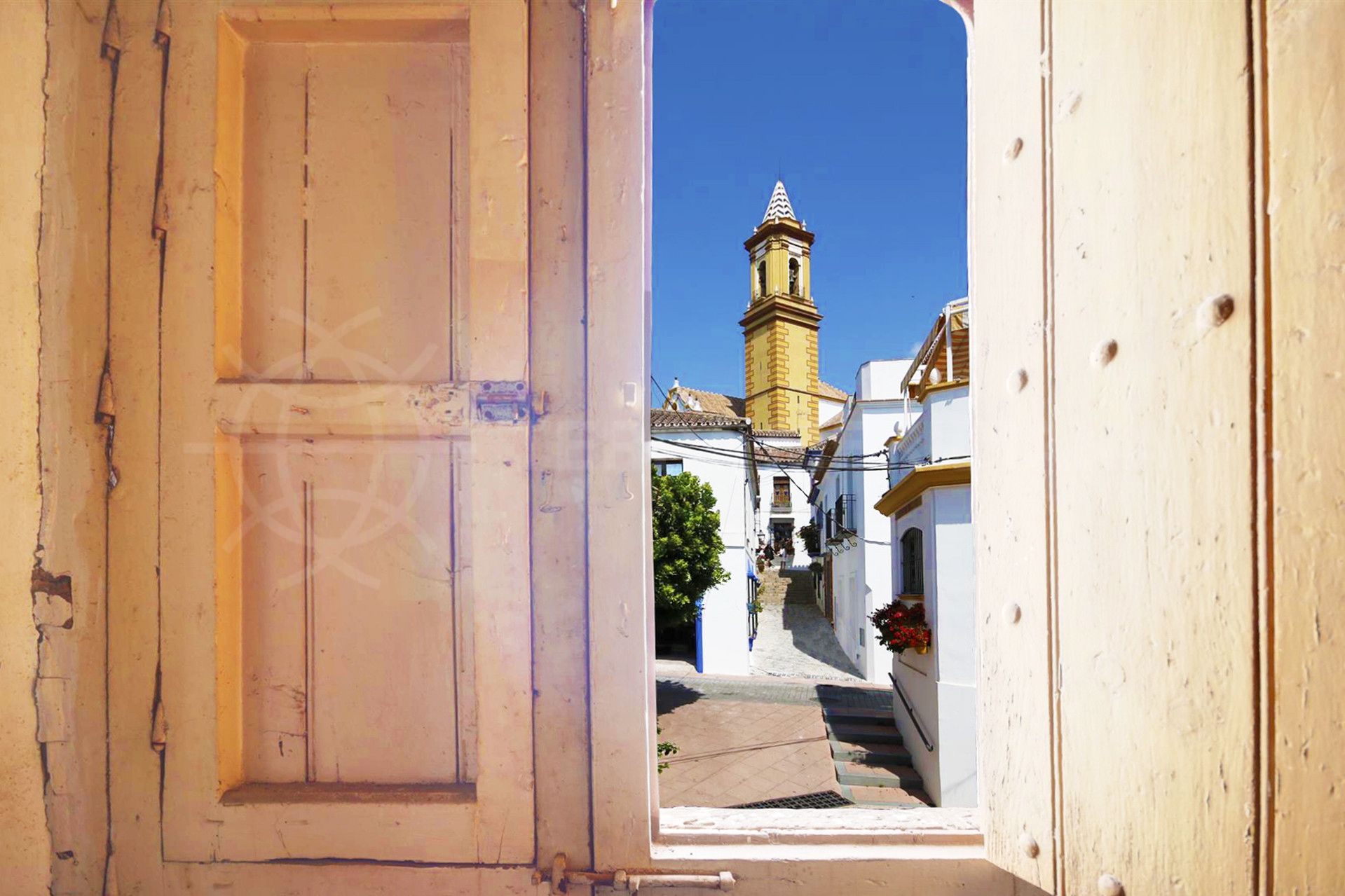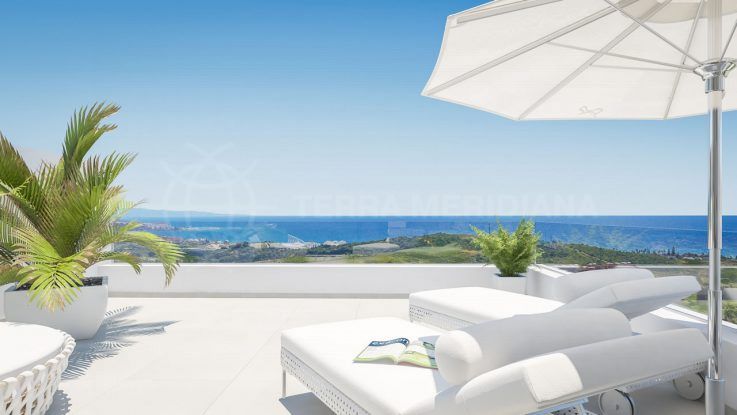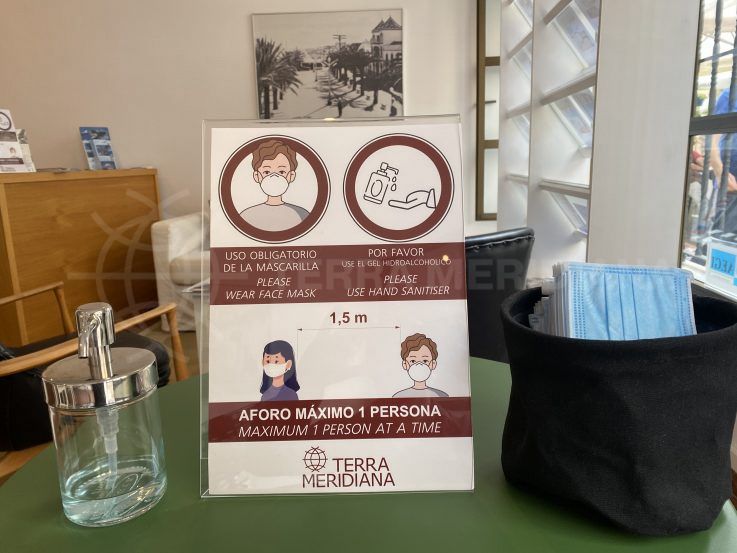
Property News
Coronavirus advice for overseas homeowners in Spain
Whether you’re resident permanently or own a second home in the country, here are some things you may wish to consider about your property here while the COVID-19 pandemia lasts.

Less than three months ago, life was carrying on as normal, it was business as usual and the coronavirus still seemed to be a remote threat, even in the worst case scenario. As I write this, Spain and many other countries are still in a period of lockdown, with national borders closed, internal movement limited and everyday life very different from what it used to be.
In the meantime, what I can do is offer some helpful advice for foreign homeowners, whether you live here permanently, as my family does, or reside overseas and have a second or holiday home in the country. Given that different considerations apply, I’ll try to suggest a few ideas you may want to take into account regarding the property you own in Spain for the next few months and, possibly, years.
Firstly, the property market has almost immediately stagnated and is likely to experience significant upheaval the longer the coronavirus pandemia lasts. So, if you have a home for sale, expect it won’t sell for a good while because buyers are, by law, staying at home. And if you were in the market to buy, unless you like a gamble, the likelihood is that you’ll be waiting to see what happens next before making any kind of move.
As a result, property owners should be prepared for an extended period of paying overheads and no longer receiving revenue from short-term rentals for the foreseeable, possibly at the same time as work and, therefore, personal income dries up. As the owners of a small real-estate agency, this is our case and we have already begun to budget carefully to keep our business afloat and our family protected.
Although the Spanish government has announced mortgage-relief measures for people in real need, this only applies to those paying for a primary residence and who are classed as ‘economically vulnerable’. If you are resident and work in Spain, and you lose your job, or more than 40% of earnings if self-employed or a business owner, or your total family income is less than 1,613€ a month, you may be eligible to benefit.
However, many foreigners who live here full-time will not fall into any of these cases and so, as regards mortgage and other payments, you may well be on your own. After surviving bankruptcy in the wake of the global economic crisis by the skin of our teeth, we learned the hard way the last time things went south and I strongly recommend you prepare now to avoid problems later.
For owners who live abroad, it may be a while before you’re able to come back to your place in the sun, so the same advice applies and more so. Aside from covering the cost of any outstanding financing, you should also consider the need to set aside funds for maintenance. In our experience, when a property is not used, that’s when things break, so think about asking a neighbour or friend to look in from time to time. And the growing risk of squatters is something you may wish to take steps against.
At Terra Meridiana, while our offices are closed for the time being, we are offering remote and virtual support for our clients and can provide property management services, if desired. We have lived and worked here on the Costa del Sol for almost two decades and are in close contact with all kinds of professionals who can help with everything from shuttering a property down to ensuring it remains safe in your absence.
How long the COVID-19 pandemia will last and what consequences it will have, for our societies, economies and, in the context of this article, property markets, is anybody’s guess at this point. I certainly don’t claim to know what will happen next, but can only hope, as we all do, that as many of us as possible come out of this in good health and in a fit state to face whatever the future may bring. For now, stay home and stay safe.
By Adam Neale | Property News | March 19th, 2020
Related Posts


